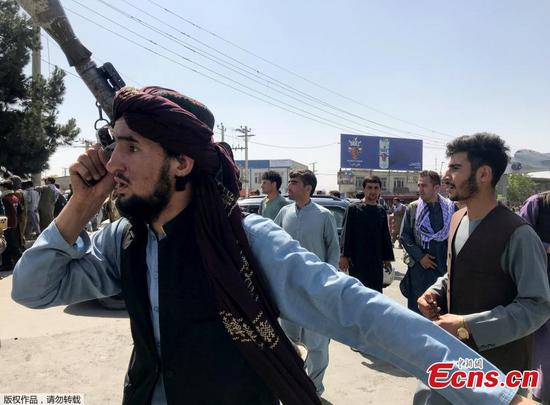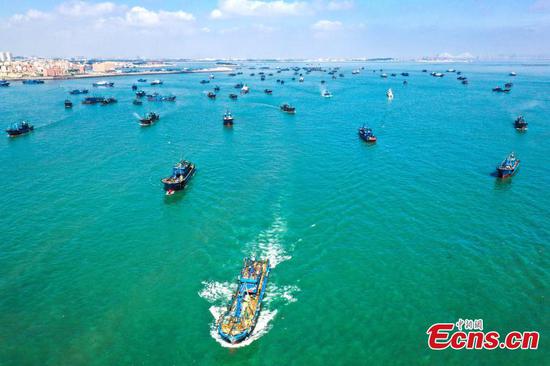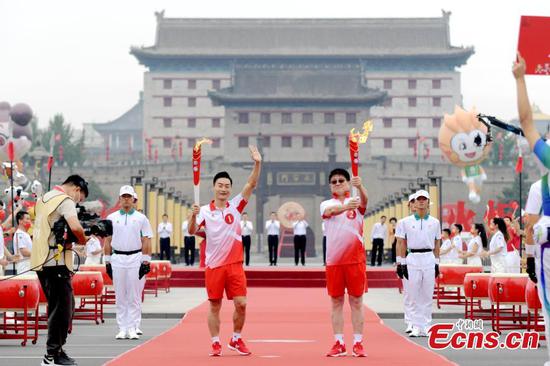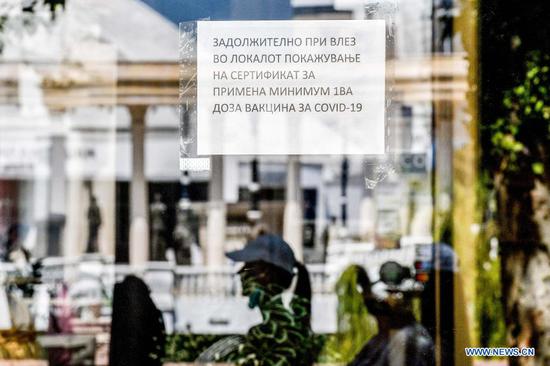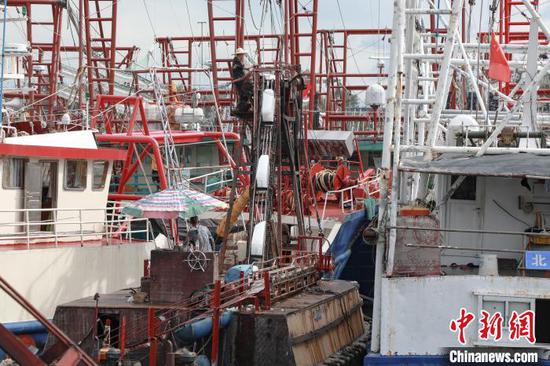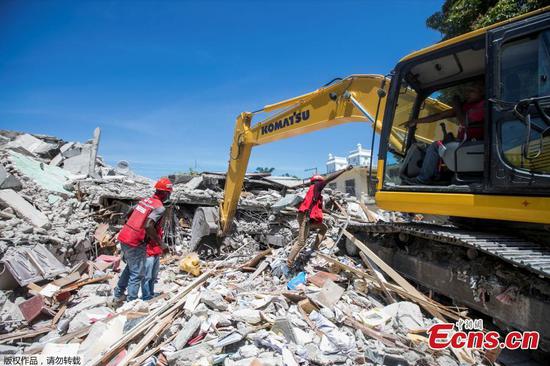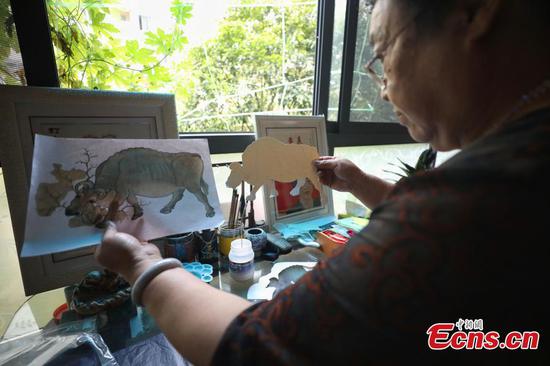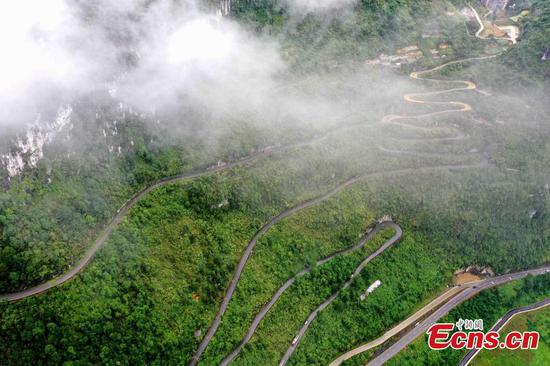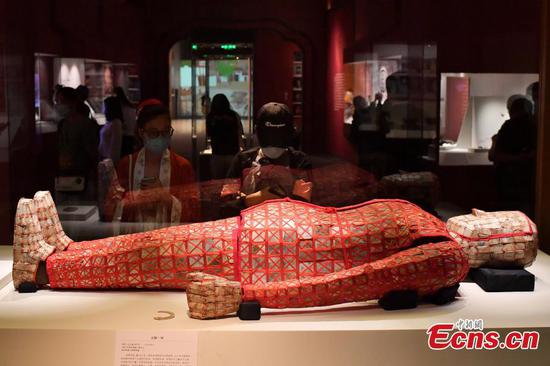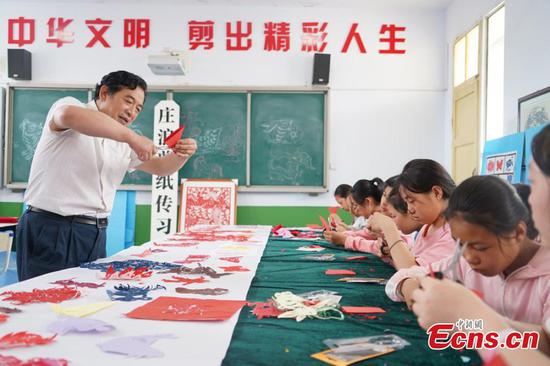Hong Kong Chief Executive Carrie Lam Cheng Yuet-ngor on Tuesday said local legislation for the Anti-Foreign Sanctions Law, a national law to be listed under the city's Basic Law, will help ease the concerns of foreign business groups.
Speaking at a weekly news conference ahead of the Executive Council meeting, Lam said by local legislation, Hong Kong will be in a better position to explain and go through the national law to take into account Hong Kong's actual situation when it is enacted locally.
There were similar concerns among foreign chambers about the National Security Law, Lam noted.
Lam said she had talked to various chambers recently and was under the impression that their concerns about the National Security Law had subsided after a year of smooth implementation.
"We have started initial discussions on what the law should be like," said Lam, noting there is no timetable yet.
She added it was "no alien area" for the SAR government since it had occasionally implemented United Nations sanctions under instruction by the Central People's Government under the United Nations Sanctions Ordinance (Cap 537).
The new anti-sanction law was passed by the Standing Committee of the National People's Congress, China's top legislature, on June 10 to counter foreign sanctions. At the committee's latest meeting from Tuesday to Friday, it would decide whether to include the legislation in Annex III of the Hong Kong and Macao Basic Law to allow its implementation in the Hong Kong and Macao special administrative regions.
However, she cautioned that time was short for local legislation, with only two months left in the current legislative term. The Legislative Council general election will be held in December.
China's anti-sanction law provided that the central government can decide to put foreign individuals or organizations on a sanctions list if they were found using excuses to contain or suppress China, taking discriminatory restrictive measures against Chinese citizens or organizations, or interfering in China's internal affairs.
The countermeasures include denial of visa issuance, denial of entry into China, freezing of assets, or expulsion from the country, according to the law.









